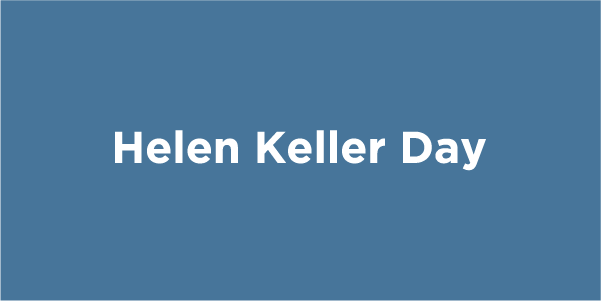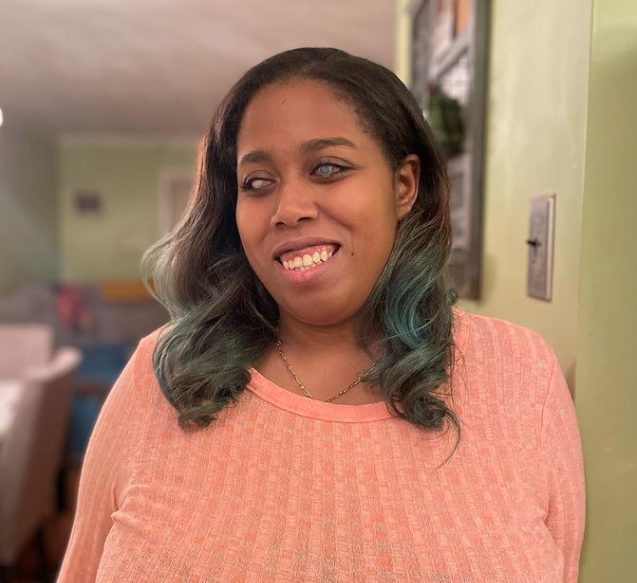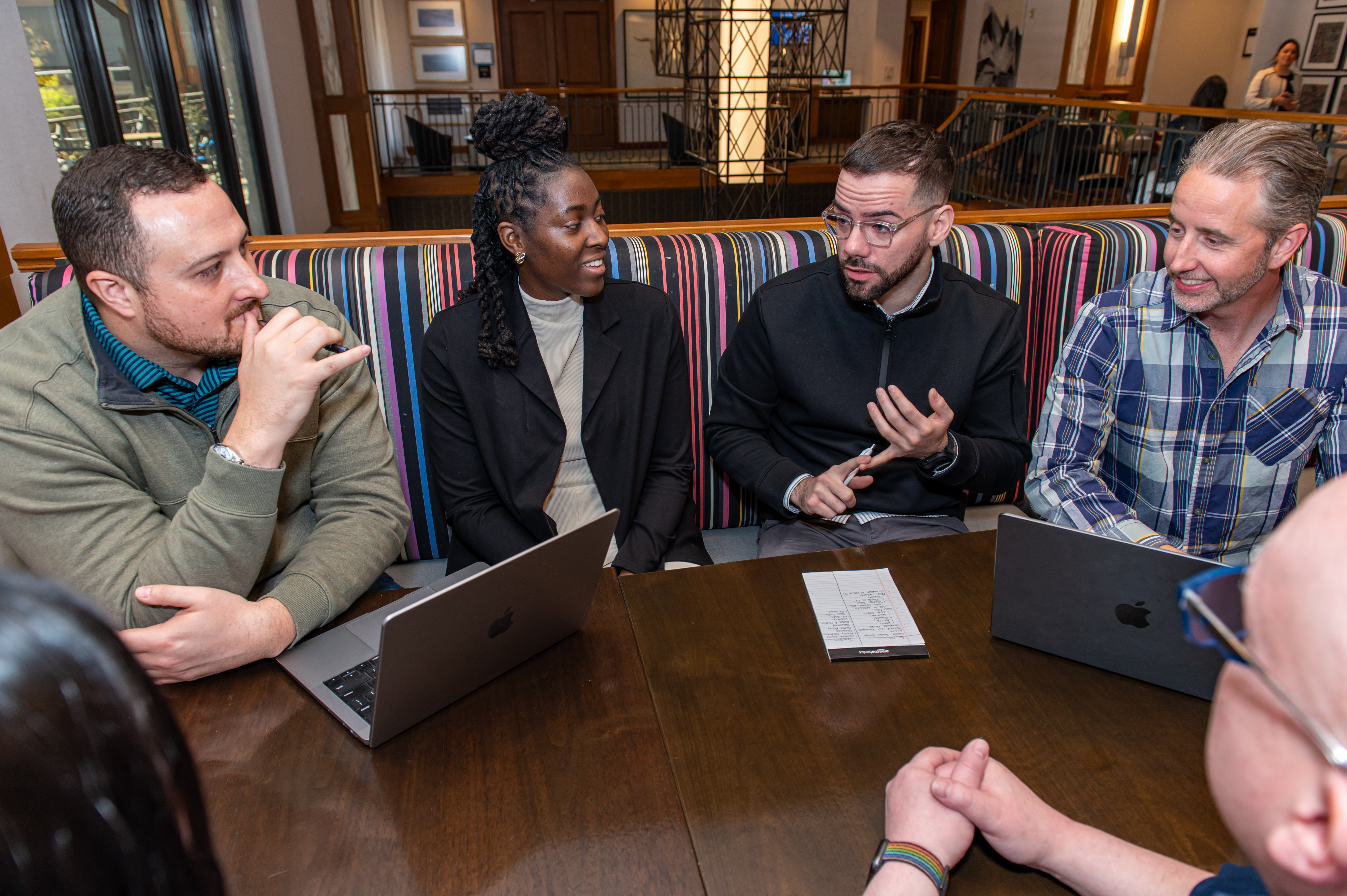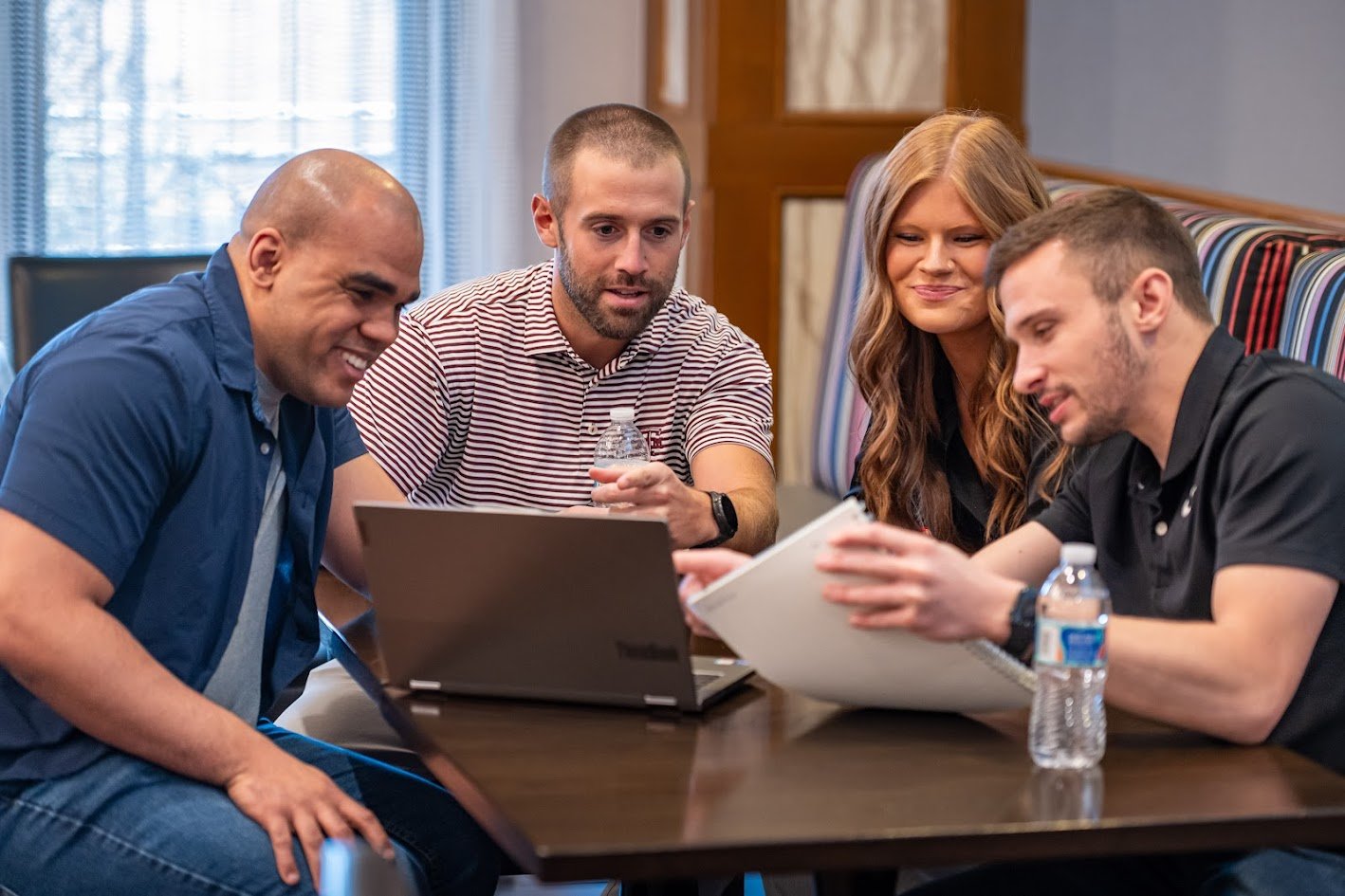On June 27th, we celebrate Helen Keller Day as part of Deaf-Blind Awareness Week. For this blog, we've created a Helen Keller FAQ. Keep reading to learn about Helen Keller's life and explore how her legacy is relevant to the work of accessibility advocates in 2024.
Who was Helen Keller?
Helen Keller was an American deaf-blind activist, a well-known writer, and a lecturer who advocated for laws to protect and help people with disabilities.
What is the well-known story of Helen Keller?
Helen Keller was born in Alabama in 1880 and lost her hearing and sight due to a disease before the age of two. At seven, her parents sought help from the Perkins School for The Blind. Anne Sullivan—the teacher nearly as famous as Helen—was asked to work with Helen.
A breakthrough in communication occurred at a water pump. Helen connected the concept of water with the word spelled into her hand by Anne. That day, Helen learned her first word, "water." As Helen grew older, she learned sign language, to read and write in Braille, to touch–lip read, and to speak.
What advocacy work did Helen Keller do?
Helen Keller traveled the world advocating for people with disabilities, promoting state-funded programs, job training, and education for the deaf, blind, and deaf-blind. She lobbied for laws to protect these groups and helped found the Massachusetts Commission for the Blind.
Keller believed,
"Optimism is the faith that leads to achievement. Nothing can be done without hope and confidence."
How did Helen Keller contribute as a humanitarian?
Helen Keller used her fame to advocate for marginalized groups, supported the women's suffrage movement, opposed child labor, and was a founder of the ACLU. She also supported the NAACP.
Reflecting on her belief in the potential for progress and change., Keller once said,
"Although the world is full of suffering, it is also full of overcoming it."
What are some little-known facts about Helen Keller?
- Helen Keller graduated cum laude from Radcliffe College as the first deaf-blind person with a Bachelor of Arts degree.
- She spoke at least four languages: Latin, French, German, and English.
- Her teacher, Anne Sullivan, was also visually impaired.
- Helen could recognize people by the vibration of their footsteps and enjoyed music through vibrations.
- She was a vaudeville performer.
What is Helen Keller's legacy today?
Helen Keller's advocacy work paved the way for the passage of laws like the Americans With Disabilities Act (ADA) in 1990, which prohibits discrimination against people with disabilities.
Keller's belief in education's power to foster tolerance continues to inspire inclusivity and understanding today.
Why is Helen Keller relevant to UsableNet?
Helen Keller worked to remove barriers for blind, deaf, and deaf-blind individuals. In 2024, accessibility includes ensuring full access to apps and websites for people with disabilities.
"The only thing worse than being blind is having sight but no vision."
This quote from Helen Keller reminds us of the importance of planning for accessibility and inclusion.
How can I ensure my website is inclusive for all?
Ensuring your website is inclusive aligns with Helen Keller's lifelong advocacy for removing barriers and promoting equal access for people with disabilities. Just as Keller worked tirelessly to create opportunities and improve the lives of people with disabilities, making your website accessible ensures everyone can access the digital world regardless of their abilities.
UsableNet offers solutions that can help you achieve this inclusivity. Watch a demo.
Where can I learn more about Helen Keller?
In her best-known book, The Story of My Life, Helen Keller wrote about her childhood and young adulthood.
The book was adapted into a play and then a 1962 Disney movie called "The Miracle Worker."
Keller also wrote several books, including Optimism, The World I Live In, and The Song of the Stone Wall.
Find out more about Helen Keller Day and other resources about her life and legacy here.
Editor's Note: Research for this blog was completed by former UsableNet Intern Lily Mordaunt. The blog has been updated for 2024. Read more blogs from Lily here.








